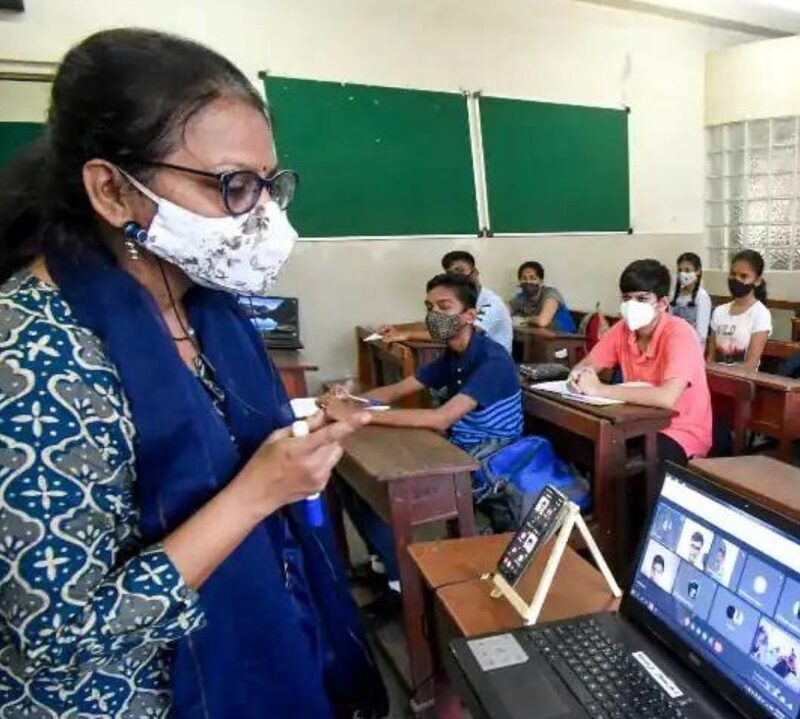
EU adopts new rules to significantly cut packaging waste with re-use targets
The European Union has formally adopted a regulation on packaging and packaging waste. The new ...

The main issues that the teachers identified as teaching went online due to the pandemic were absenteeism (14%), specially-abled kids not being considered (21%), the low attention span of students (28%), emotional issues expressed by the students (19%), and no assessment or assignment completion by the students (10%).
Nearly 43 per cent of teachers are not happy with online teaching during the COVID-19 pandemic, while nine per cent of them expressed full dissatisfaction with the online mode, a new survey revealed. The online survey published in the Delhi Commission for Protection of Child Rights’ (DCPCR) first journal — Children First: Journal on Children’s Lives interviewed 20 people, including eight teachers, out of the total 220 school teacher participants. According to the survey, nearly 43 per cent of teachers said that they were not satisfied with online education and nine per cent were not at all happy with it.
The online survey published in the Delhi Commission for Protection of Child Rights’ (DCPCR) first journal — Children First: Journal on Children’s Lives interviewed 20 people, including eight teachers, out of the total 220 school teacher participants. According to the survey, nearly 43 per cent of teachers said that they were not satisfied with online education and nine per cent were not at all happy with it.
Issues Faced In Online Learning The main issues that the teachers identified as teaching went online due to the pandemic were absenteeism (14%), specially-abled kids not being considered (21%), the low attention span of students (28%), emotional issues expressed by the students (19%), and no assessment or assignment completion by the students (10%), India Today reported. The participating teachers and students also expressed that online emotional support and group engagements by the counsellors and social workers helped kids express themselves more and be participative in online learning. The teachers said that the involvement of parents became important in school education because only they have regular access to children and can directly engage with them during this situation.
The students who participated in the study stated that they missed many school activities like meeting classmates, interacting with other students, school celebrations, and friendships. As per the survey, some participants also said that they are overloaded with online academic exercises. Teachers also shared their challenges of online class schedules and fulfilling their responsibilities remotely. The survey concluded that for a successful transition to the online mode, some things are essential like accessibility and affordability of digital devices, need-based curriculum and pedagogy, and enough capacity building of the learning community. “The pandemic shifting of those necessities still poses major roadblocks to online learning,” it said.
The European Union has formally adopted a regulation on packaging and packaging waste. The new ...
Inaugurating the Abydos Solar Power Plant in the Upper Egypt governorate of Aswan represents a ...
Businesses that fail to adapt to climate risks like extreme heat could lose up to ...


اترك تعليقا